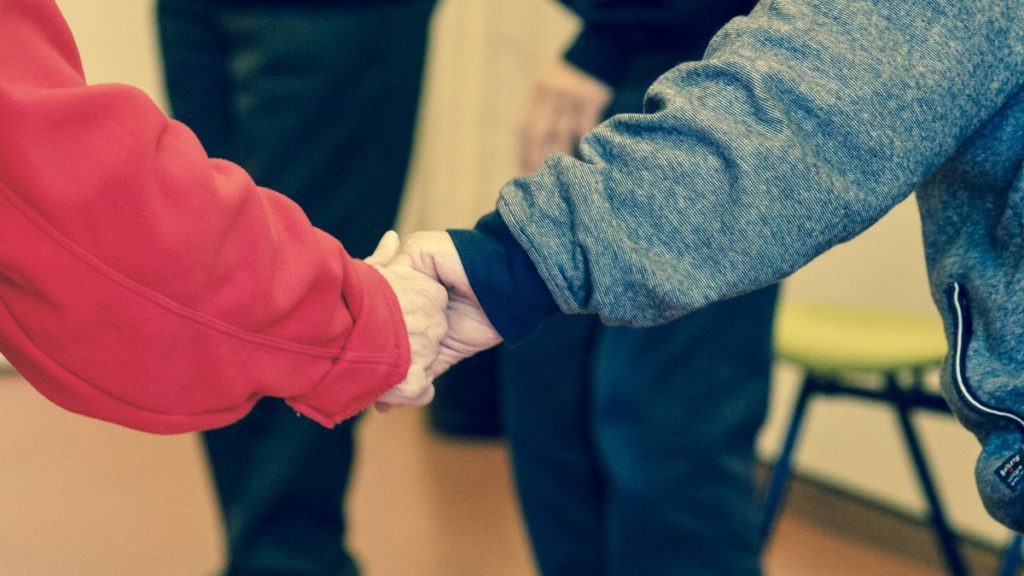On finding yourself “in charge”
by Judy Ruckstuhl Wright

During my work at two nursing homes and one retirement community, I had the privilege of making friends with a number of couples of distinguished vintage (which I myself now claim). And with some of these friends, one of the pair encountered a long-term physical or cognitive challenge that left the other one “in charge” in a way never before experienced or even anticipated. Initially, it was always a shock; then some people reestablished a meaningful balance in their lives and some continued to struggle. This article reflects what I’ve observed among the ones who reestablished a such a balance.
Hopefully, you yourself have had at least one very close, very enduring relationship… that is still going on, and will go on and on. However, these years we’ve lived bring a bit of wisdom, yes? So we’ve accepted that things always change… including these relationships. And so, at some point, you may find yourself in this kind of situation.
You’ll slide into grief, at least if you’re a normal healthy human being. Look at everything you’ve lost or are losing: the relationship you had; your expectations for that relationship in the future; your free time; other relationships if you no longer feel you have time; your work, etc., etc., etc. Please give yourself the kindness of respecting your grief! And remember that grief has no timetable and respects no deadlines.
However, you don’t have to live with feeling isolated. Fortunately, many people know and respect your situation and a number of organizations and support groups stand ready to help. Here’s where Covid has actually brought an advantage, because so much has gone online that you don’t have to take time to travel to in-person meetings. Googling “support groups for caregivers near me” brings up a number of specialized options, plus the King County Caregiver Support Network, a clearinghouse that can direct you to even more. Regional, district, or neighborhood aging organizations offer avenues to resources as well.
Please remember, you are your loved one’s most important resource, so you have to stay healthy for the sake of both of you. So do participate in a support group even if they’re generally “not your thing.” Also, do whatever you can to get daily exercise; it too will help counter the stress hormones your body may be releasing. Aging organizations can refer you to resources to get legal and financial matters in order if they need changing.
Do invite all the help you can, both paid and voluntary. If you can afford a home health aide and their presence doesn’t upset your loved one, that’s ideal; many people can’t. You already know that people love to help others so long as it doesn’t feel like an imposition; the closer a friend the more you can ask, as long as it fits within their skill sets. Aging organizations and fellow members of support groups can help you mastermind this.
Finally, do at least one act of self-love every day. You are a living act of love in doing what you are doing, and you deserve it. Thank you for your important contribution to our human community.
P.S. If this doesn’t describe your own situation but you know someone it fits, please do what you can to help them out.
Judy Ruckstuhl Wright has been doing freelance writing for 60 years, most of it focused on solving everyday problems. Prior to retiring, she worked in marketing and fundraising for nonprofits providing health care for vulnerable people, such as at-risk teens and frail elders. She moved to Seattle six years ago to be closer to one of her daughters and the city has delighted her.
